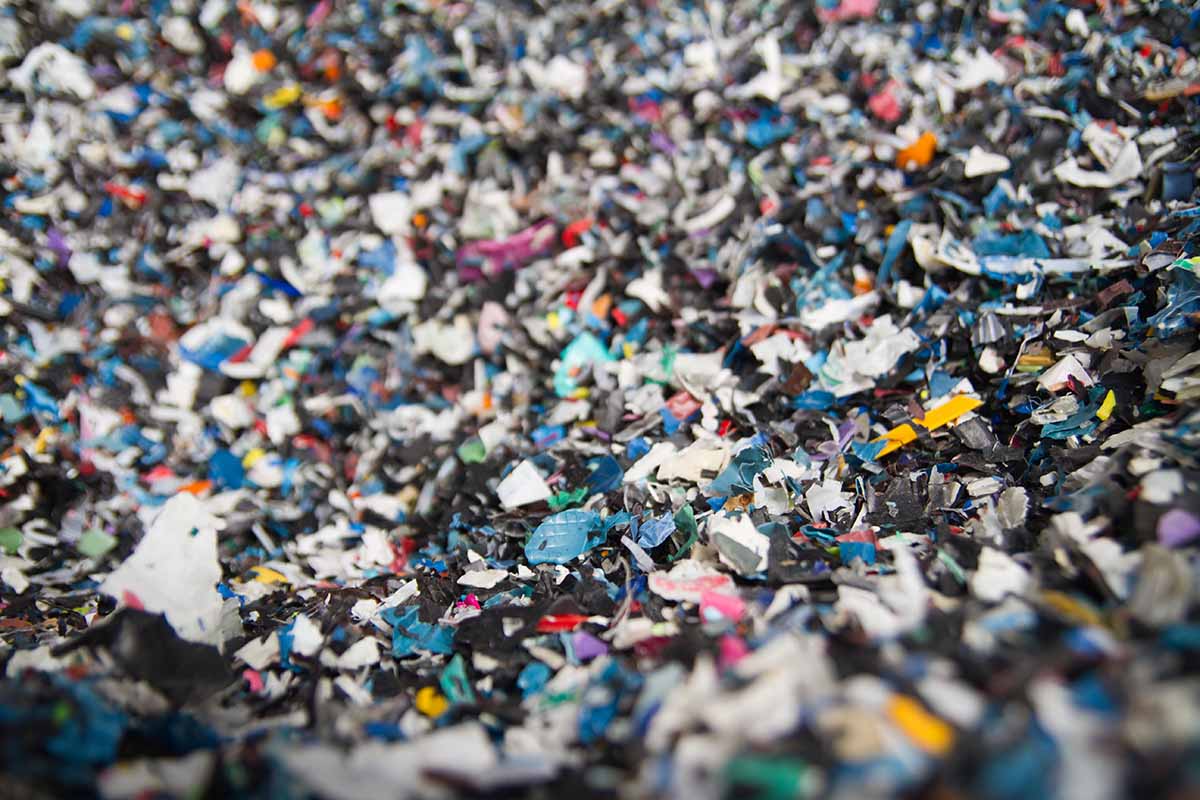The U.S. has reversed its stance on plastics production limits and now will support inclusion of these efforts in a global treaty, according to recent reports. The abrupt shift garnered a strong reaction from the plastics industry and cautious optimism from environmental groups.
During previous discussions of the Intergovernmental Negotiating Committee on Plastic Pollution, a U.N. initiative to address the harmful effects of plastic, the U.S. advocated for each country to decide its own production volumes, according to Reuters. Along with fellow plastics heavyweights Saudi Arabia and China, the U.S. had encouraged U.N. members to focus on increasing recycling and designing more recyclable packaging.
A White House representative told industry and advocacy groups during an Aug. 14 briefing that the U.S. no longer opposes global goals to cap plastic production, according to Chemical & Engineering News, but didn’t provide details. White House Council on Environmental Quality spokesperson Justin Weiss didn’t immediately respond to a request for comment from Plastics Recycling Update.
The draft treaty’s final discussions are scheduled for November in Busan, South Korea.
Following the shift in policy, the American Chemistry Council and the Plastics Industry Association released separate statements expressing their dismay.
“With today’s shift in position to support plastic production caps and regulate chemicals via the U.N. Plastics Agreement, the White House has signaled it is willing to betray U.S. manufacturing and the hundreds of thousands of jobs it supports,” Chris Jahn, ACC president and CEO, said in a written statement.
Further, the decision will raise the price of goods and diminish U.S. negotiators’ influence at the Busan talks, Jahn said, adding that more plastics – not fewer – were needed to meet sustainability goals.
“Plastics enable solar and wind energy, are critical to modern healthcare, deliver clean drinking water, reduce home, building and transportation energy needs, and help prevent food wastage,” he said. “ACC still believes in the need for a strong global agreement to address plastic pollution. We can create a future where we retain the massive societal benefits plastics provide while also preventing used plastics from becoming pollution.”
Matt Seaholm, president and CEO of the Plastics Industry Association, called the reversal “misguided” and “impractical,” and said the government had “turned its back on Americans whose livelihoods depend on our industry, as well as on manufacturers in all sectors that rely on plastic materials.”
“We are dedicated to keeping plastic waste out of the environment and believe we need to work together to achieve this,” Seaholm said. “However, the White House’s drastic position change will not accomplish this goal, only set us back.”
The U.S. Plastics Pact, via The Recycling Partnership, did not have a statement regarding the apparent shift. The Association of Plastic Recyclers also did not comment on the development. APR owns Resource Recycling, Inc., publisher of Plastics Recycling Update.
NGOs respond
Environmental groups said the move was a step in the right direction, though only one step of many.
“The United States’ decision to back a global reduction in plastic production is a watershed moment in the fight against plastic pollution,” vocal critic Greenpeace USA said in an online statement. “This move puts the US on the right side of history, standing with countries that recognize that we cannot recycle our way out of this crisis. It is a step in the right direction that science and justice demand.”
“We applaud the US government for acknowledging plastic production is out of control and needs to come down,” said Kathleen Rogers, president of activist organization Earthday.org, in an online statement. The organization created the first Earth Day in 1970, and aims to diversify, educate and activate the environmental community worldwide, according to its site.
“We hope that the United States will reduce plastic production by 60% by 2040 and invest in research of the health impacts of plastic and their additive chemicals,” Rogers said, adding, “It is not extremist to want a clean and healthy environment for everyone.”





























